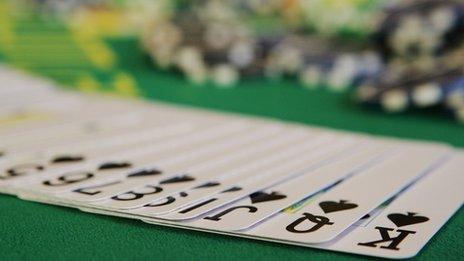'Lack of support' for gambling addicts in Wales
- Published

Figures show about 1.1% of the Welsh population are problematic gamblers
Gambling addiction is "not taken seriously" in Wales with a lack of support for addicts, it has been claimed.
A conference in Cardiff brings together specialists, politicians and addicts to discuss the issue on Wednesday.
The Gambling Commission has estimated 1.1% of the Welsh population has a problem.
The Welsh Government said, in general, there was no medical intervention for gambling.
Event organiser Wynford Ellis Owen, from the Living Room charity, said it had become a "public health problem".
While addict Sarah Grant, 31, of Cardiff, said she found it was "not taken seriously", particularly compared to drug and alcohol addictions, with some gambling treatments only available for men.
Ms Grant said she had no support despite having been in prison and homeless due to a 15-year addiction.
She said she would have been offered residential rehabilitation had she been addicted to alcohol or drugs.
Iain Corby, of the charity GambleAware, said although gambling treatment was not available from NHS Wales, there was help available from charities.
"Gambling addiction can have a corrosive effect on individuals and their loved ones, so we encourage anyone who has ever felt they gambled more than they can afford or lied about their gambling to get in touch," he added.
Ms Grant spoke to BBC Wales ahead of the conference at Cardiff Bay's Pierhead building where she will deliver a speech.
Sarah Grant says her addiction was not taken seriously
She said, in an effort to tackle her addiction, she applied for a 12-week stint in rehab in England, but was told the facility was only available to men.
She was instead told she could apply for a two-night retreat for women - but there are only 10 places available twice a year for the whole of the UK, and her application was not successful.
Mr Owen said there were very few providers in the UK, but added he did not feel residential rehabilitation was an effective solution.
Figures from the Gambling Commission released in October 2016 showed little difference between the number of women participating in gambling compared to men.
They showed 5% of Welsh women surveyed aged 35-44 were at risk of problematic gambling, with other age ranges showing lower risks.
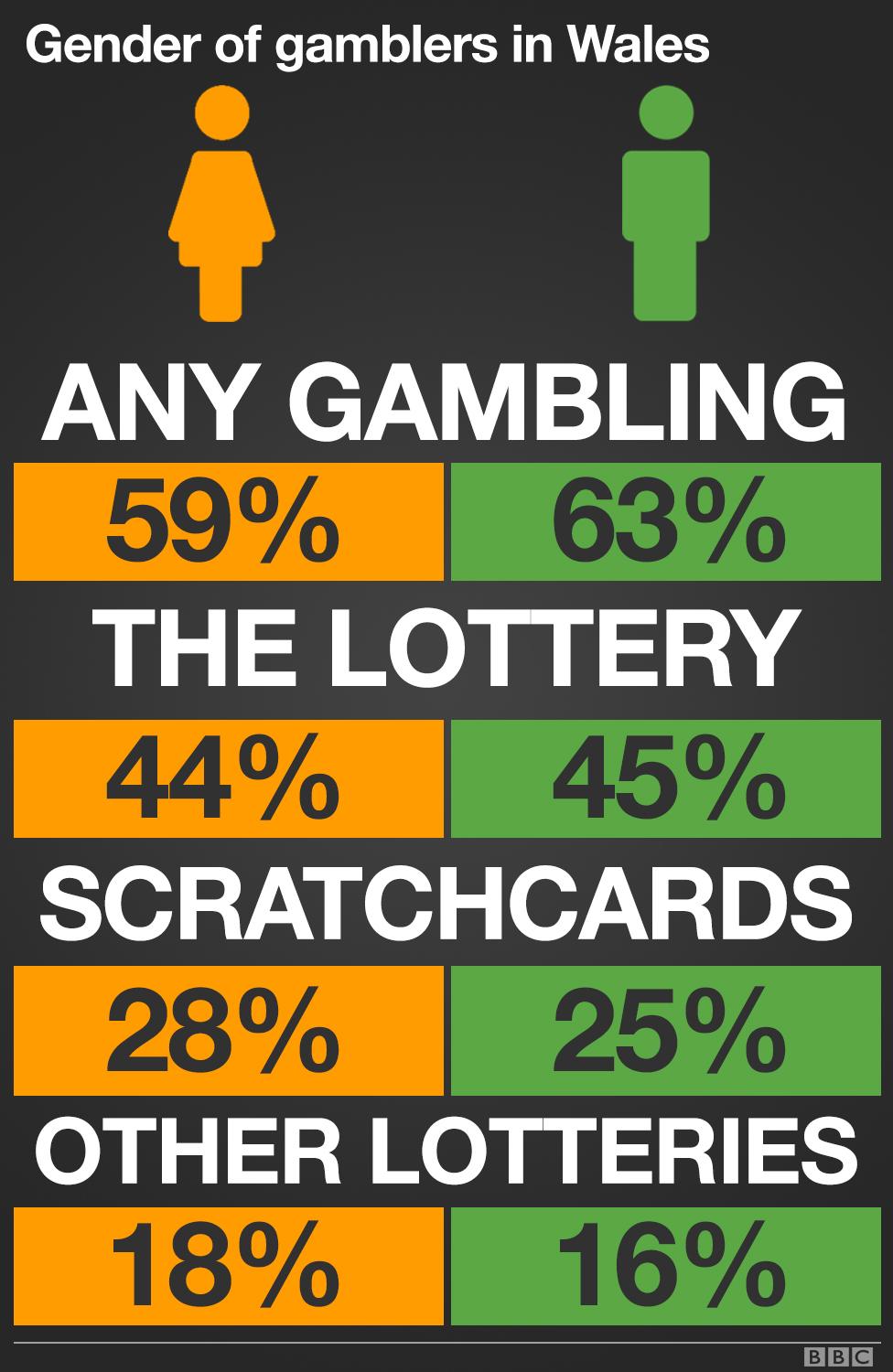
Participation in any form of gambling activity was most common among those aged 55-64.
Ms Grant added most addiction support was focused on drugs or alcohol - and gambling was "back in ancient times" in terms of available support.
"This is a serious problem, a serious epidemic and it needs to be taken seriously," she said.
About 1.1% of the Welsh population are problematic gamblers with a further 4% at risk, according to figures released earlier this year by the Gambling Commission.
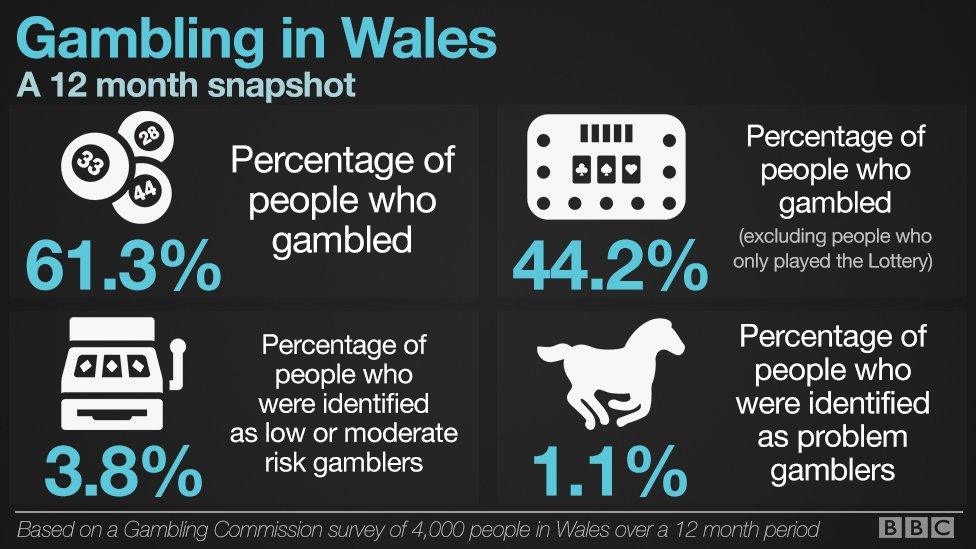
Mr Owen said: "When we first set out to tackle the issue [of gambling] we were a lone voice.
"We knew there was a major problem in Wales, but we lacked the evidence. Two years on and we not only know for sure there is a major problem with gambling, but we now have the evidence.
"A number of problem gamblers have made contact with us since 2015 which has helped shape effective recovery options for them."
Mr Owen described it as "one of the key challenges of our age".
A Welsh Government spokeswoman said: "Many people participate in gambling activities without any apparent problems, but we recognise that for some people, gambling becomes an addiction which leads to harmful health and social impacts.
"While the regulation of gambling is not devolved, we are always keen to explore what more we can do to tackle gambling addiction and the impact it has on communities and families in Wales."
She added psychological interventions were available which can help motivate people to change their behaviour.
The first research findings on gambling among veterans will also be revealed at the conference, undertaken by Swansea University with the Forces in Mind Trust.
- Published21 June 2017

- Published25 May 2017
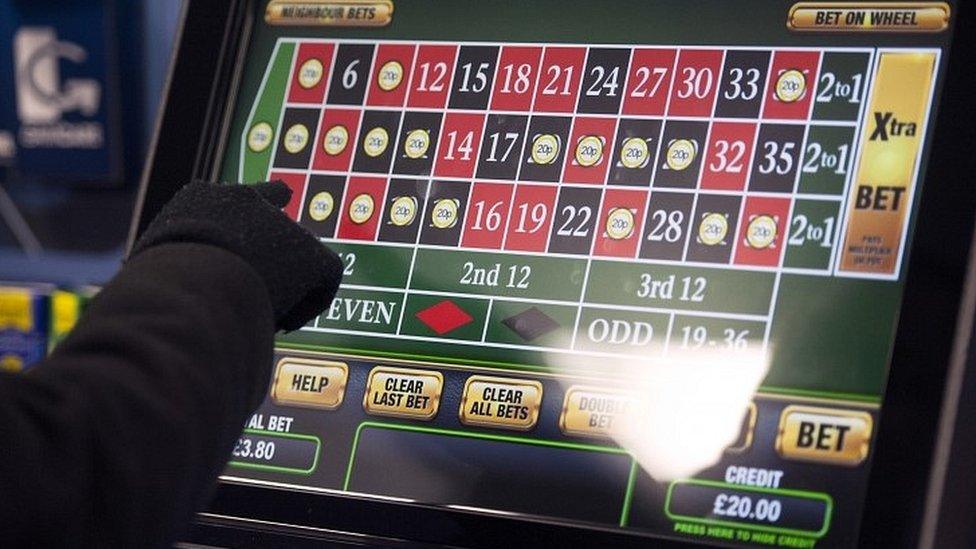
- Published24 January 2017
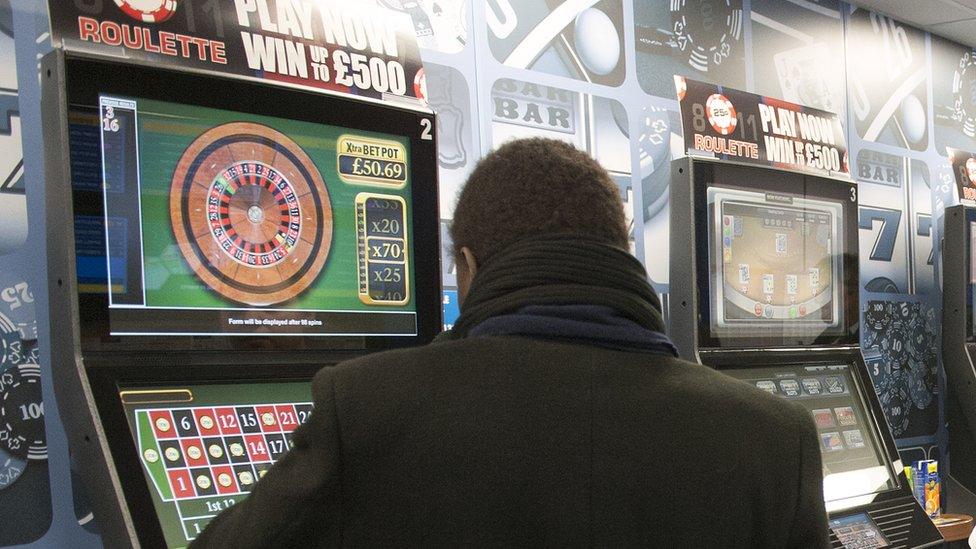
- Published16 February 2012
